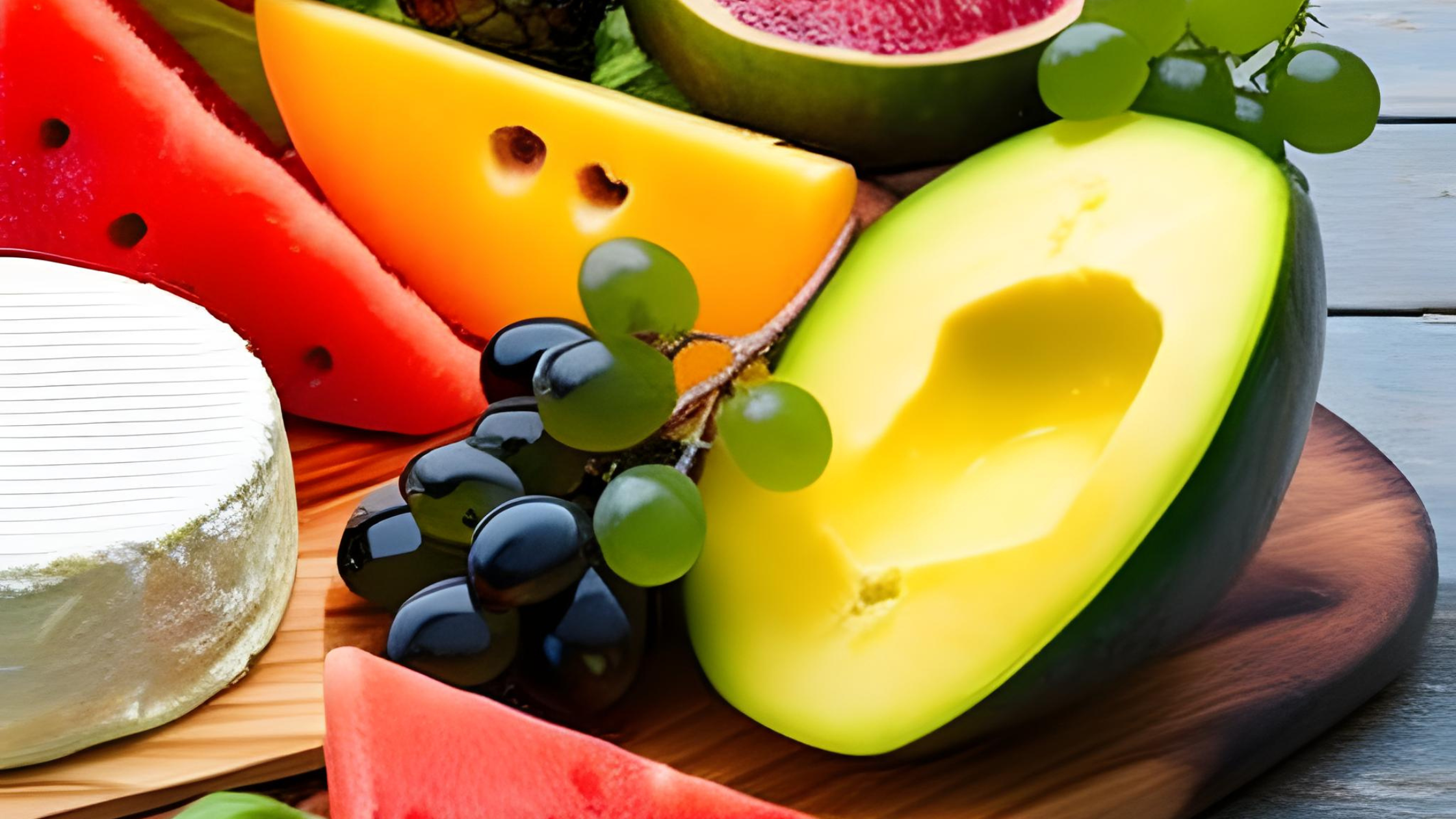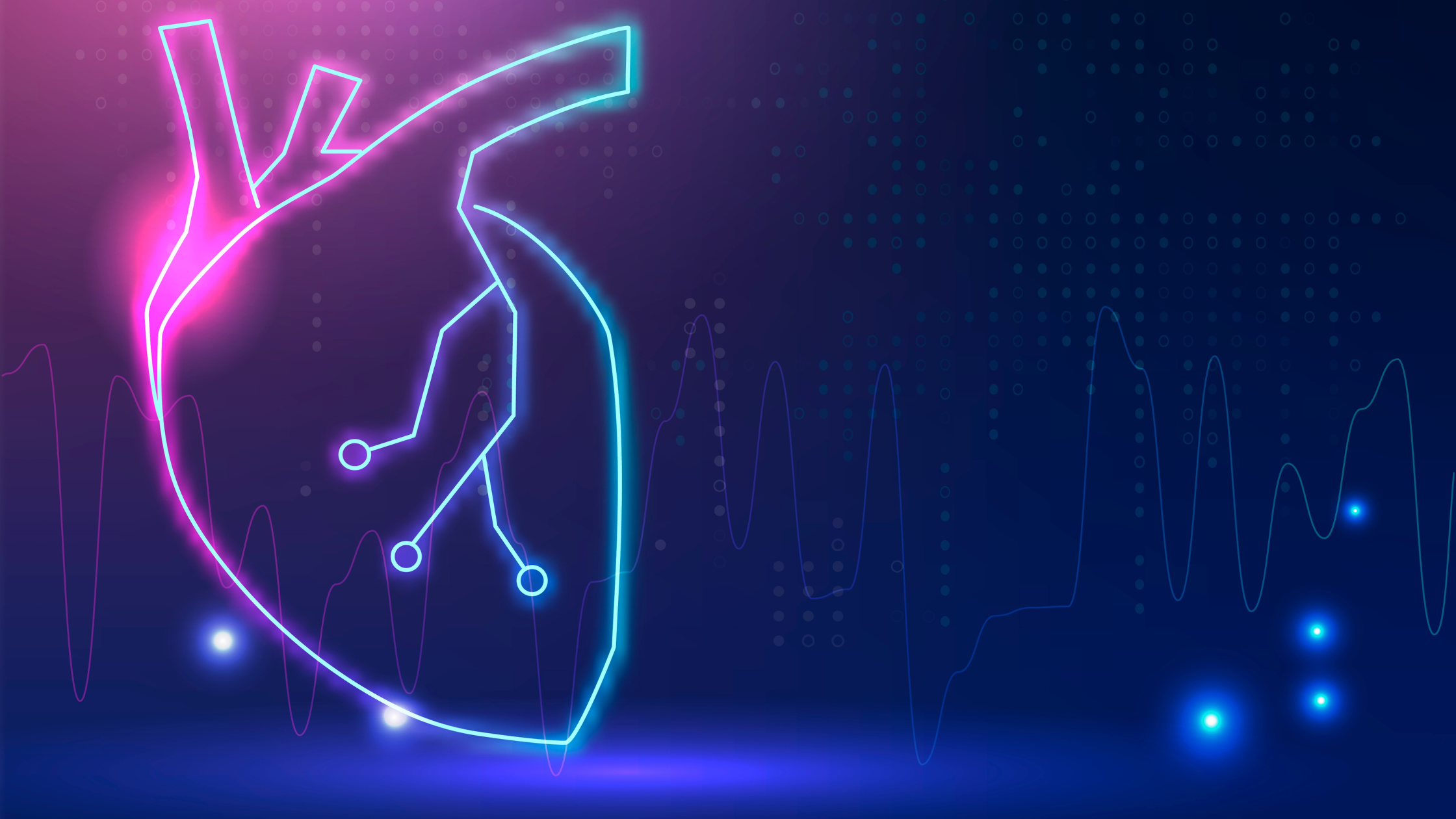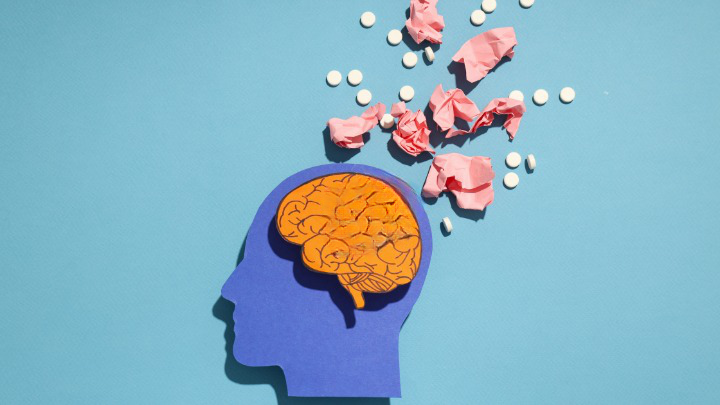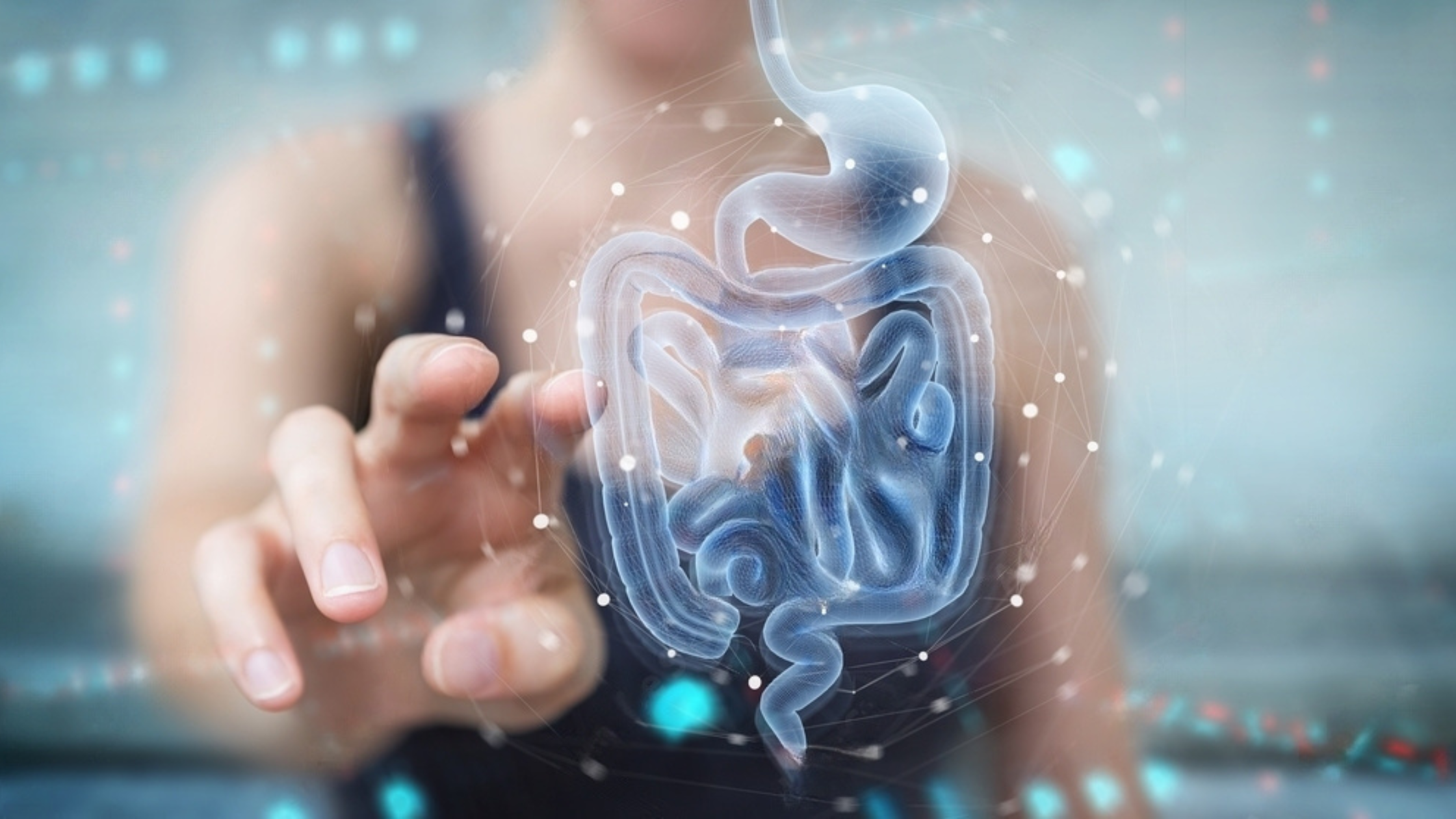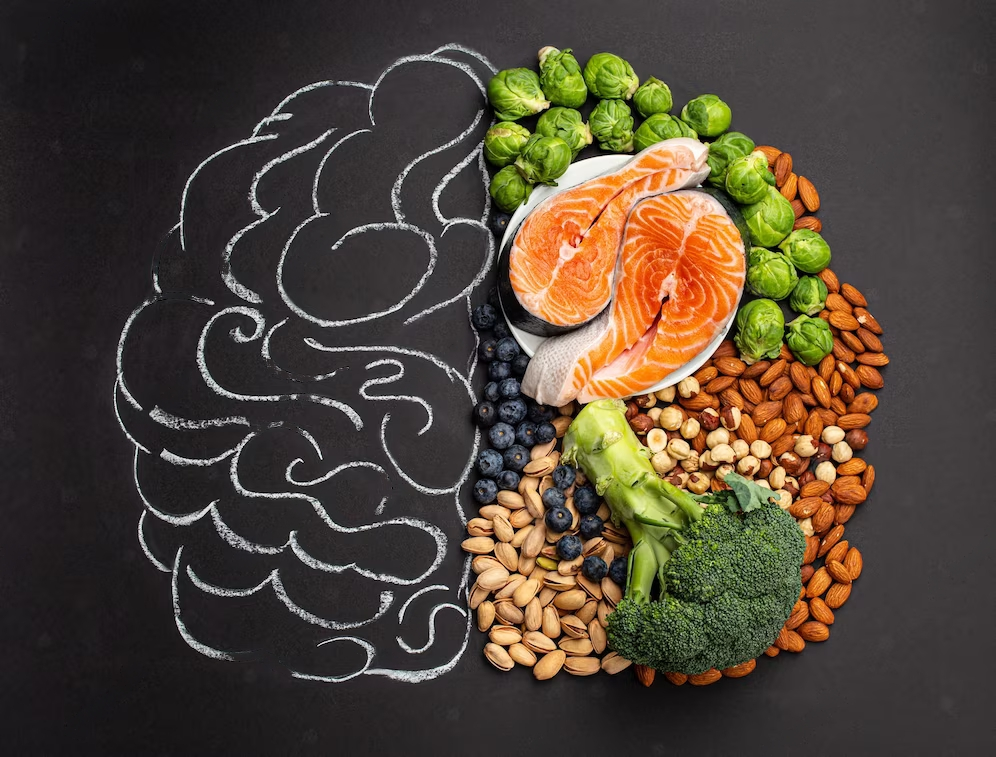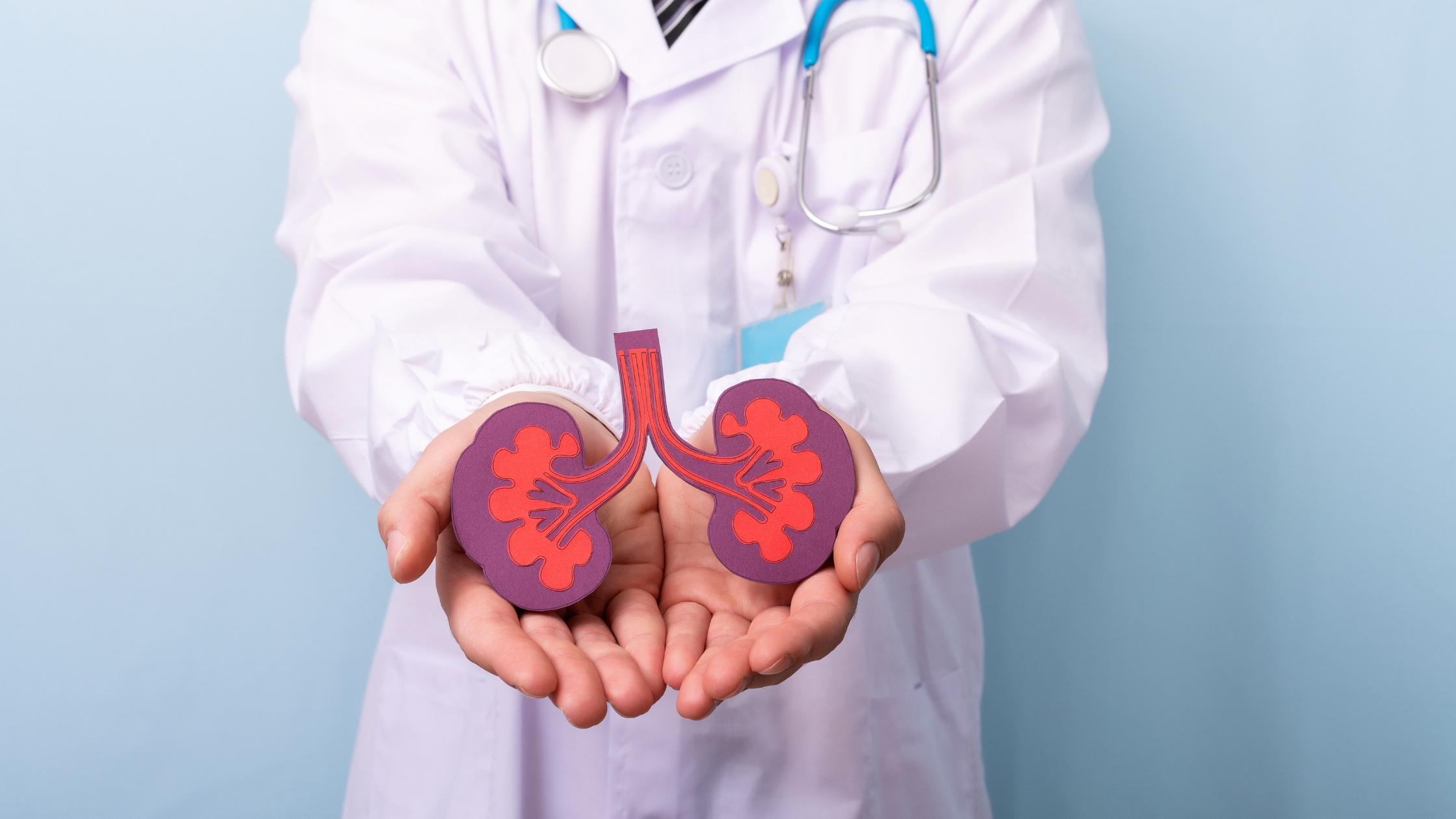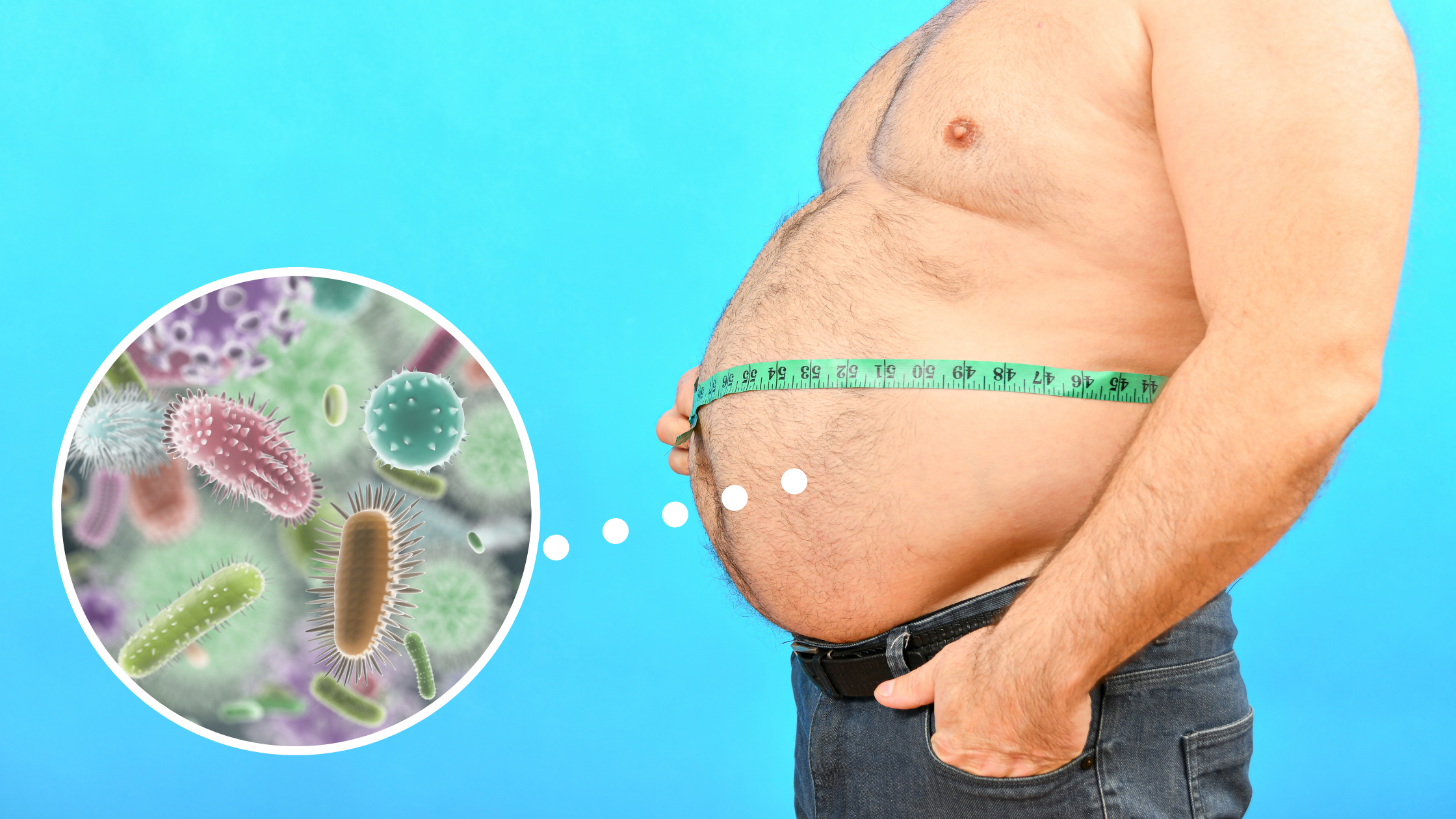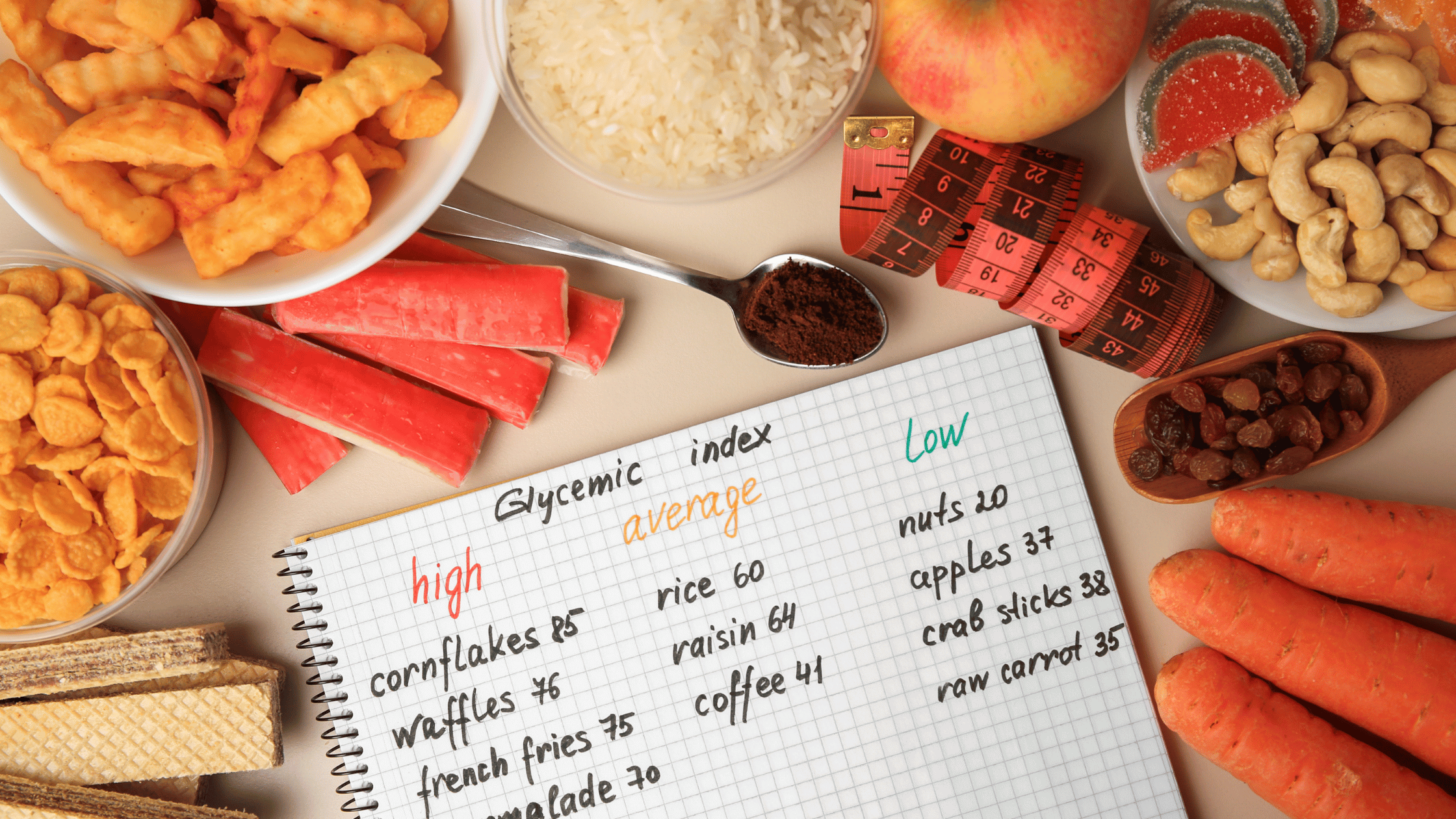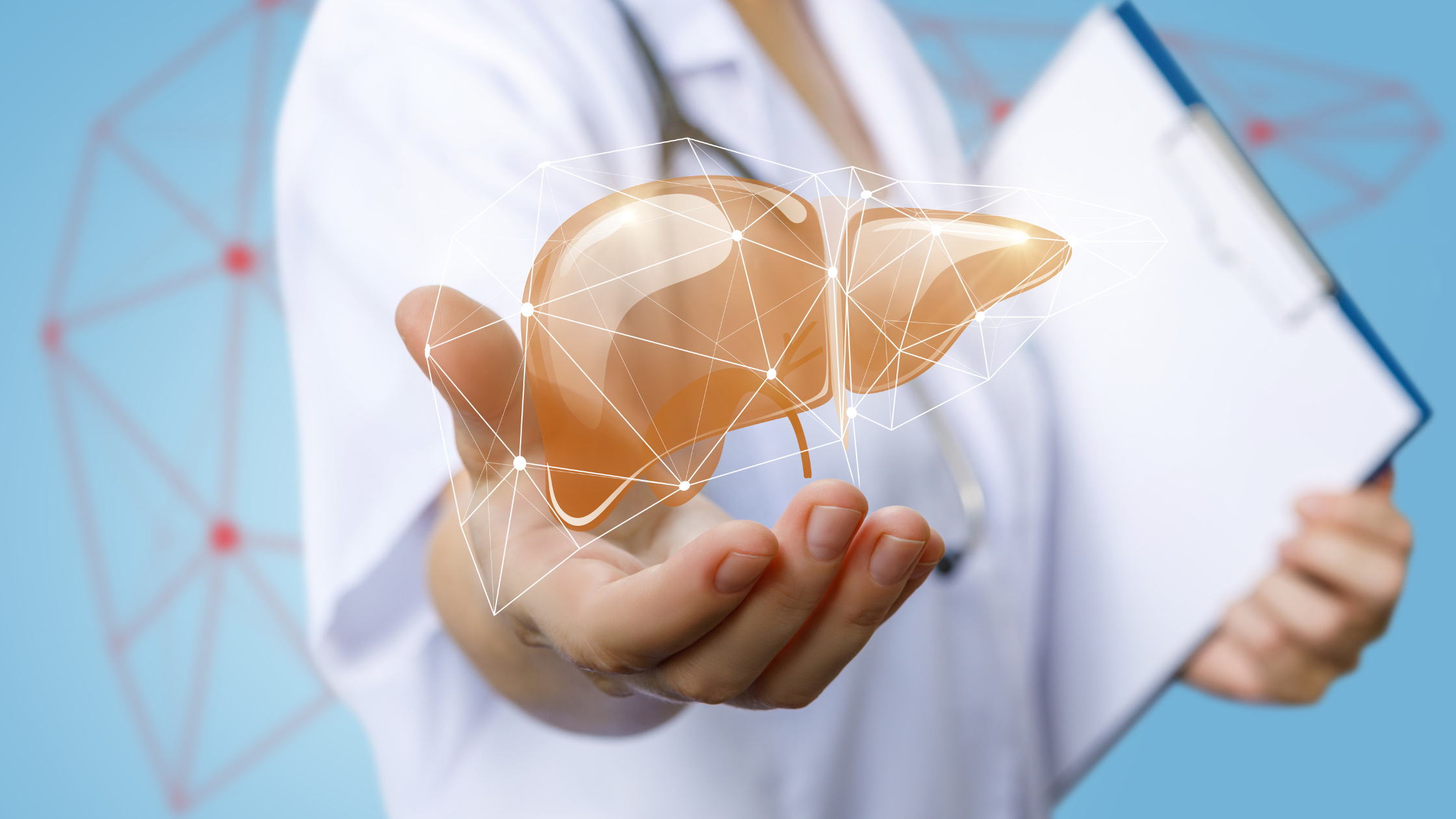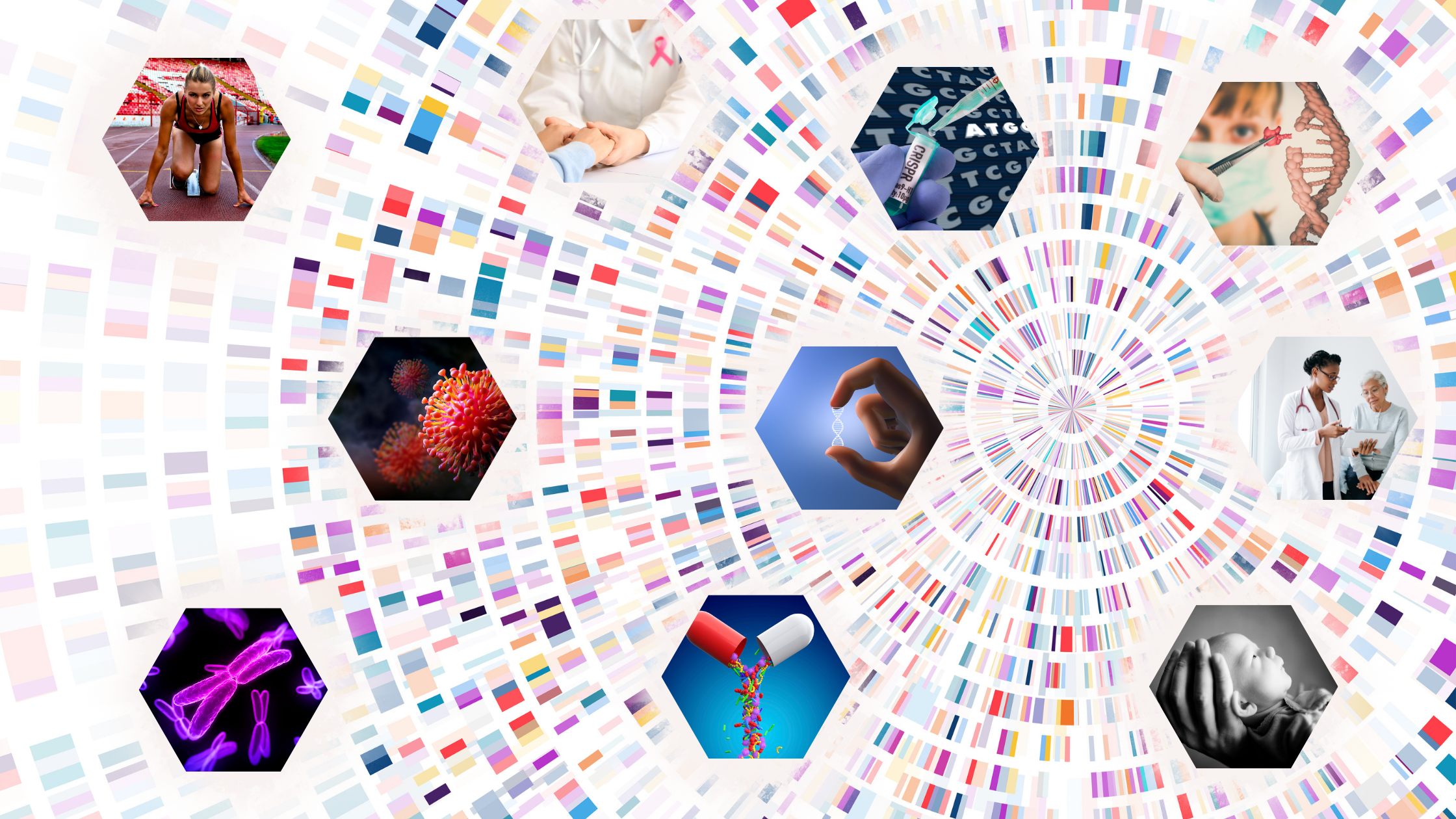Nutrigenomics: Chamber of Secrets for Weight Gain

In the magical world of weight gain, where the corridors of nutrition conceal secrets as enigmatic as those within the Chamber of Secrets, lies an elusive path that many seek to tread. Much like the young wizard Harry Potter, who unravelled the mysteries of Hogwarts, individuals worldwide endeavour to unlock the secrets of weight gain. While some embark on this quest to achieve athletic prowess or address health concerns, others may seek to transform their bodies through personalised dietary strategies. In this extraordinary journey, a new branch of science known as nutrigenomics has emerged, akin to magic, offering insights into how our genes interact with nutrients to influence weight gain outcomes.
While weight loss often takes centre stage in health discussions, there is a significant population that struggles with the opposite goal - weight gain. Globally, millions of individuals seek to gain weight, with approximately 20% of the population in India classified as underweight (WHO, 2020). Traditional approaches to weight gain may yield inconsistent results due to our unique genetic makeup. Enter nutrigenomics, a cutting-edge field that explores the relationship between our genes and how they interact with the foods we eat (Ferguson & Patti, 2020). By understanding this intricate interplay, we can tailor personalised dietary recommendations to optimise weight gain efforts effectively.
The Science Behind Nutrigenomics
Nutrigenomics examines how our genes influence our response to nutrients, metabolism, and overall health. Through the study of Single Nucleotide Polymorphisms (SNPs), which are genetic variations, we gain insights into how our bodies process specific nutrients. For instance, certain SNPs can affect insulin response to carbohydrates or protein absorption efficiency, potentially impacting weight gain outcomes (Smith, Johnson, & Williams, 2016).
Micronutrients and Their Role in Weight Gain
Micronutrients, such as vitamins and minerals, play a crucial role in weight gain and overall health. Nutrigenomics can reveal genetic variations that affect the metabolism and absorption of these essential nutrients. For example, a study demonstrated that individuals with certain genetic variants in vitamin D metabolism may have a reduced ability to utilise this micronutrient, potentially affecting weight gain (Jones & Smith, 2013).
Food Sensitivities: Gluten and Lactose
Food sensitivities can impede weight gain efforts by causing digestive discomfort and inflammation. Nutrigenomics can help identify genetic predispositions to gluten or lactose sensitivity. For instance, certain SNPs have been linked to an increased risk of gluten sensitivity (Garaulet et al., 2019). Armed with this knowledge, individuals can tailor their diets to avoid potential triggers and optimise nutrient absorption.
Chronotype's Impact on Weight Gain: Just as people have different energy levels and preferences during various parts of the day, they also have unique chronotypes that influence their body's internal clock. Chronotypes refer to individual variations in the timing of physiological processes and behaviour. Studies have found that chronotypes play a significant role in weight gain. Those with a late chronotype, often known as "night owls," tend to consume more calories during the evening (Garaulet et al., 2019). However, their bodies may be less efficient in metabolising certain nutrients during these hours. Adjusting meal timing based on one's chronotype, may optimise nutrient absorption and metabolism, which can be beneficial for weight gain efforts (Garaulet et al., 2019).
Weight Gain: Real-Life Cases
Case 1: The Carbohydrate Conundrum
Meet Sarah, a 30-year-old aspiring athlete who struggled to gain muscle mass despite a high-calorie diet. Nutrigenomic testing revealed a genetic variant affecting her insulin response to carbohydrates. As a "night owl" with a late chronotype, Sarah tended to consume most of her calories during the evening. However, her genetic makeup showed that her body's carbohydrate metabolism was less efficient during these hours. Armed with this knowledge, Sarah adjusted her carbohydrate intake to be more substantial during breakfast and lunch, aligning with her body's peak carbohydrate metabolism times (Tovar et al., 2020). Additionally, she incorporated vitamin D-rich foods to optimise her micronutrient intake.
Case 2: The Protein Puzzle
John, a 25-year-old fitness enthusiast, struggled to see substantial muscle gains despite rigorous strength training. Nutrigenomic testing identified a specific SNP associated with reduced protein absorption efficiency. Additionally, John had a genetic predisposition to lactose sensitivity, which could hinder protein intake from certain dairy sources. Armed with this knowledge, John opted for lactose-free protein supplements and included more plant-based protein sources in his diet. By choosing protein-rich foods tailored to his genetic profile, John's muscle gains significantly improved (Craddock et al., 2020).
Nutrigenomics empowers individuals to achieve their weight gain goals with precision, taking into account micronutrients, food sensitivities, and chronotypes. As millions worldwide seek effective weight gain solutions, embracing the power of nutrigenomics paves the way for personalised dietary strategies backed by scientific evidence.
While nutrigenomics is a burgeoning field, it holds great promise in revolutionising weight management and overall health. By understanding our genetic makeup, we can tailor dietary plans to maximise nutrient absorption, optimise weight gain, and promote overall well-being. Consult qualified professionals for accurate interpretations of genetic data and well-informed recommendations tailored to your genetic profile.
References
Craddock, J., Neale, B., & Gazal, S. (2020). Genome-wide association study implicates numerous loci influencing high-density lipoprotein cholesterol metabolism. Human Molecular Genetics, 29(5), 965-974. DOI: 10.1093/hmg/ddaa009.
Ferguson, J. F., & Patti, M. E. (2020). Nutrigenomics and personalized nutrition: are we ready for precision weight loss? Physiological Genomics, 52(1), 1-6. DOI: 10.1152/physiolgenomics.00117.2019.
Garaulet, M., Gomez-Abellan, P., Rubio-Sastre, P., et al. (2019). Timing of food intake predicts weight loss effectiveness. International Journal of Obesity, 43(12), 2314-2322. DOI: 10.1038/s41574-019-0310-1.
Jones, M., & Smith, B. (2013). Genetic predisposition to gluten sensitivity: A systematic review. Gene, 532(1), 1-6. DOI: 10.1016/j.gene.2013.07.018.
Smith, A., Johnson, B., & Williams, C. (2016). The impact of vitamin D pathway genetic variation and circulating 25-hydroxyvitamin D on cancer outcome: systematic review and meta-analysis. Journal of Clinical Endocrinology & Metabolism, 101(2), 1297–1310. DOI: 10.1210/jc.2015-4010.
Tovar, A., Caamano-Isorna, F., & Jurado, C. (2020). Nutrigenetics and Weight Loss: A Comprehensive Systematic Review and Meta-Analysis. Nutrients, 12(11), 3155. DOI: 10.3390/nu12113155.
World Health Organization (WHO). (2020). Obesity and Overweight Fact Sheet. Retrieved from https://www.who.int/news-room/fact-sheets/detail/obesity-and-overweight.

Ashish Pandya





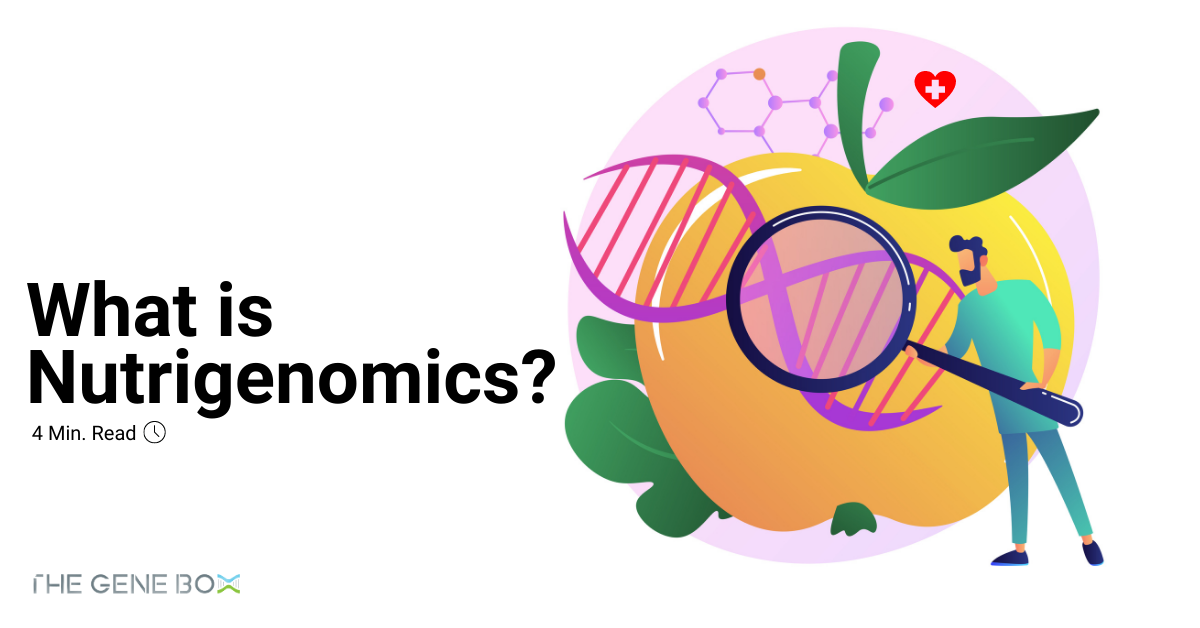


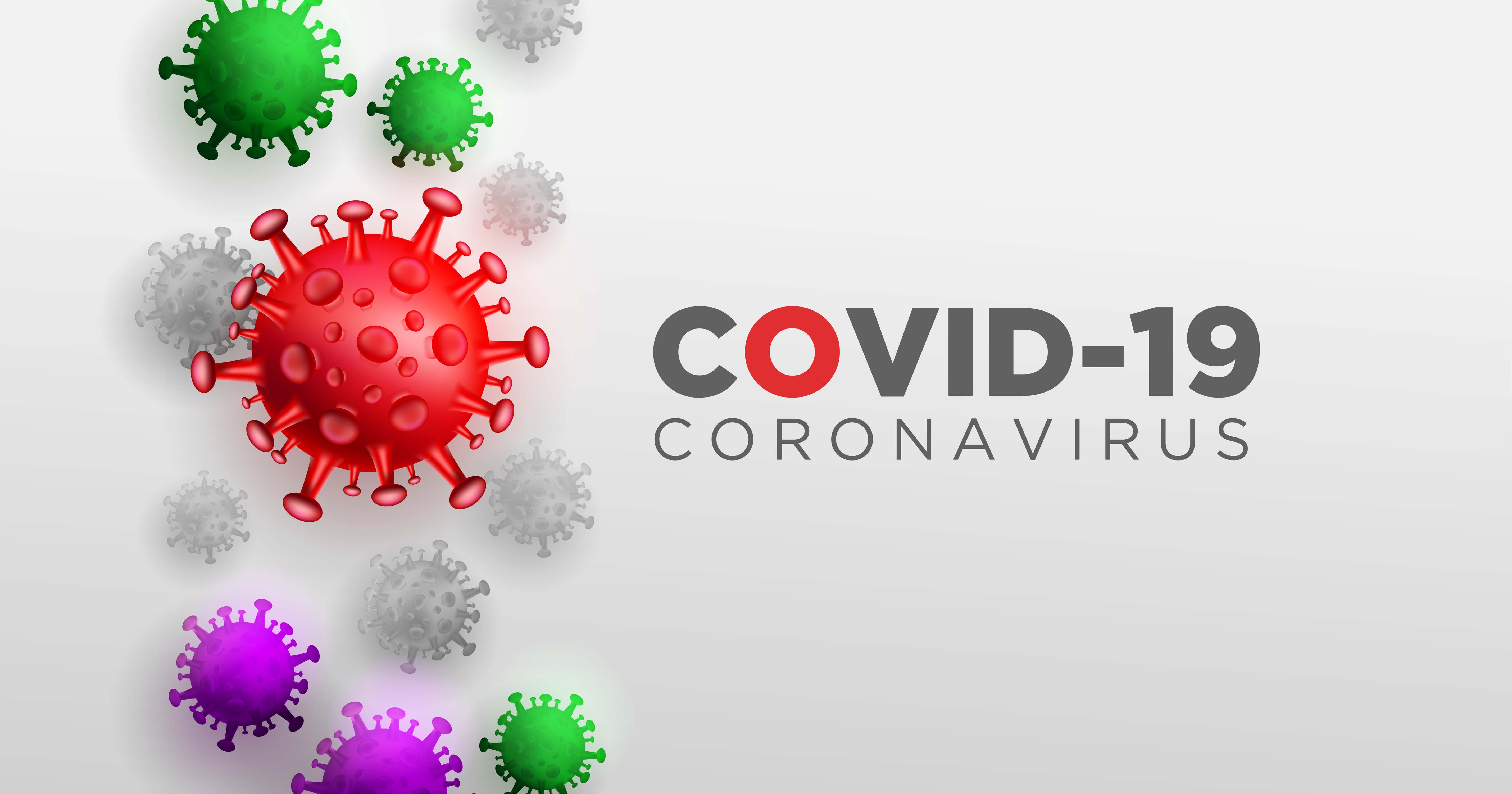
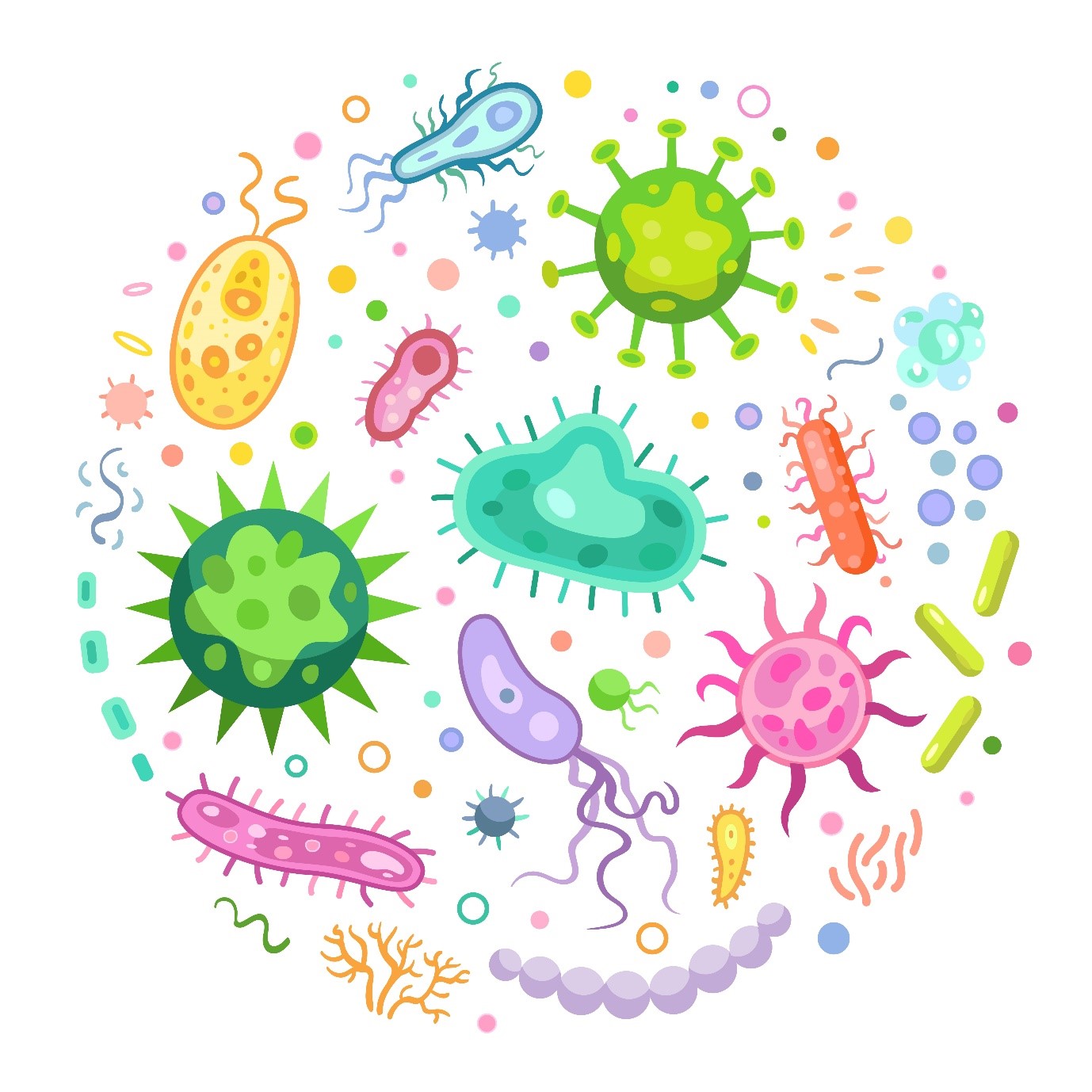

.png)



